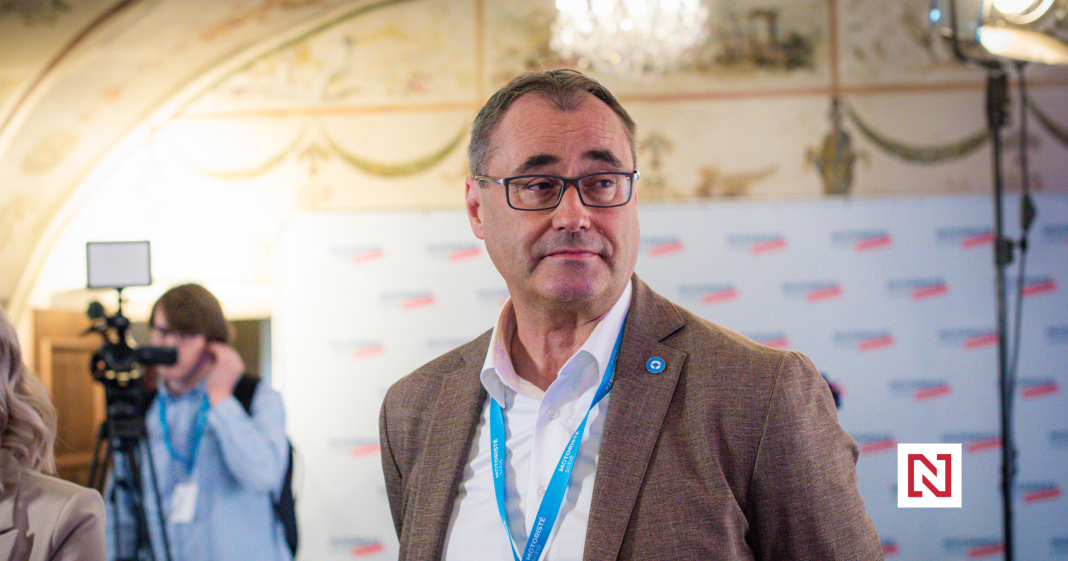In a recent development sparking debate across Czech political circles, businessman and politician Karel Šťastný has been appointed to oversee a government sector that has direct connections to his own business interests. Šťastný has firmly maintained that there is no conflict of interest in his new role, despite criticisms from some quarters.
Background of the Appointment

Šťastný, a prominent figure in Czech business and politics, was recently given the responsibility to lead regulatory efforts in a sector that significantly overlaps with his business enterprises. This decision has raised eyebrows, particularly among critics who argue that his dual role could lead to biased decision-making that favors his own business ventures.
In response to these concerns, Šťastný stated that his long-standing experience in the industry makes him uniquely qualified for the position and ensures that he can make informed and beneficial decisions for the public good. Critics, however, remain skeptical, urging for measures to ensure transparency and prevent any potential for bias.
Potential Conflicts of Interest

Concerns have been voiced regarding the potential for Šťastný’s new role to influence government policies in favor of his businesses, thereby undermining fair competition and public trust. The debate has prompted discussions about the need for stricter regulations and oversight mechanisms to prevent conflicts of interest.
Legal experts and watchdog organizations have called for comprehensive investigations into the matter to ensure that all decisions are being made in the public’s interest. They advocate for the establishment of clear guidelines that can effectively separate personal business interests from governmental responsibilities.
Šťastný’s Defense and Assurances

In a series of public statements, Šťastný has vowed to adhere to ethical standards and recuse himself from decisions where a conflict might arise. He emphasizes his commitment to transparency and accountability, pledging to uphold the integrity of his office.
Supporters argue that Šťastný’s industry expertise is indispensable and can lead to beneficial reforms and innovations that serve the broader community. However, maintaining public trust will require Šťastný to balance his dual roles carefully.
Public and Political Reactions

The appointment has ignited a mixed response from the public and political leaders alike. While some view it as a pragmatic choice given Šťastný’s expertise, others see it as a potential risk to good governance.
Political opponents have used this issue as a rallying point, calling for greater transparency in government appointments. Public forums and media channels continue buzzing with discussions about the broader implications of Šťastný’s new role and its impact on democratic processes.
The discussion around Karel Šťastný’s appointment underscores the ongoing need for vigilance and transparency in public office. As he takes on his new responsibilities, the scrutiny will likely push for stronger checks and balances within the system.





